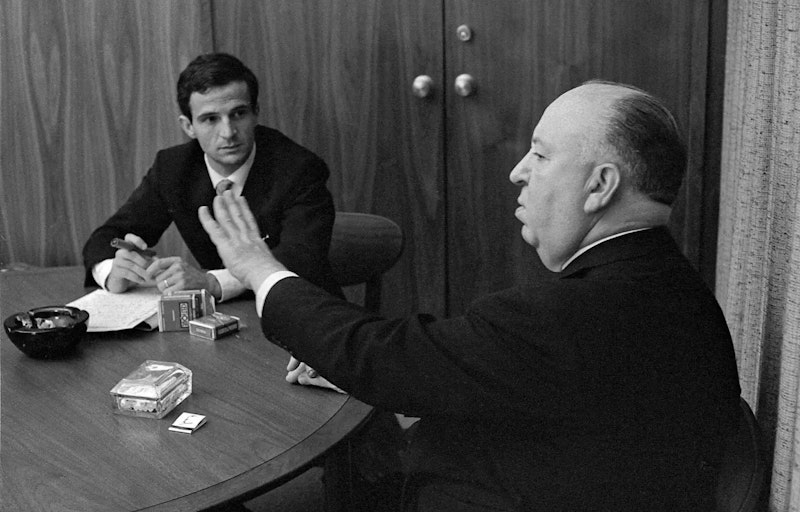I’m slowly learning that almost all the history I was taught in school was more myth than a reflection of objective reality. I’d always thought those fat history books I studied in high school were written by lovers of eternal truth. However, most history is a massive propaganda campaign aimed at creating either social unity or, if it serves a purpose, social chaos. What really happened or is really happening, is anybody’s guess. This poses a dilemma.
Consider art. It’s hard to historically determine when the concept of art first became a perceptual category. When does something become art? When does someone become an artist? Was Van Gogh just was a nut until he got a good publicity agent?
People disagree on what art is despite the endless books on the subject. When exactly does some human activity consciously become art? Are cave paintings art, are they maps, or some form of tribal myth or history? Are religious statues art or gateways to the spiritual? Are Campbell’s Soup Cans art or a clever marketing strategy?
I recently listened to the François Truffaut–Alfred Hitchcock interviews from 1963. I recommend them to anyone who loves film, and is interested in the creation of Hitchcock as artist. Here’s a link to an article which includes Truffaut’s original letter to Hitchcock in which he proposes the interview and outlines the subsequent book. It’s followed by Hitchcock’s response. They’re powerful documents.
That Hitchcock responds by saying that Truffaut’s letter “brought tears to his eyes” describes a sentiment shared by many whose work has yet to be understood as they wish it to be understood. It’s almost miraculous that Truffaut was able to understand Hitchcock’s work on its own terms rather than comparing it, either positively or negatively, to other films. Every artist needs to be understood on his or her own terms. A serious artist, even if a millionaire Hollywood director, is speaking in a personal hermetic language which few people can understand without a key.
Truffaut held the key. It’s no surprise that the book is famous, for Truffaut was passionate about his subject. There’s a story about Mozart, who, after playing for an uncaring society crowd, received a compliment from a servant in a hallway and to thank him took him into a room and improvised on the fortepiano for him for over an hour. In listening to these interviews you can hear the joy in Hitchcock’s voice that he was being taken seriously as an artist. He was given a chance to talk about his work, to explain his personal language. Often in interviews, artists are asked about subjects outside of their own work, say politics or the works of others. But an artist is really only qualified to talk about what he or she does, the rest risks falling into vagaries and opinions. Even Hitchcock can only say, when Truffaut compliments Charles Laughton’s Night of the Hunter, that it was a box office failure. Happily, Truffaut stays on subject and what emerges is about as close to real history as one can imagine.
As Hitchcock got comfortable with Truffaut and the translator he starts to open up. The book excludes a lot of what makes the interviews so powerful, Hitchcock’s vocal inflections (like when “dismissing” Saul Bass who, it’s been speculated, is the real source of the famous “shower scene” montage), bawdy jokes, personal confessions, and topics meant to be kept off the record.
The interviews were conducted during post-production on The Birds, the first film with Tippi Hedren. Hitchcock had a string of hits (North by Northwest, Psycho and a popular TV show) and was the darling of the French intellectual set. It was official: He was an Artist. Truffaut single-handedly established the concept of film as art in the American consciousness.

